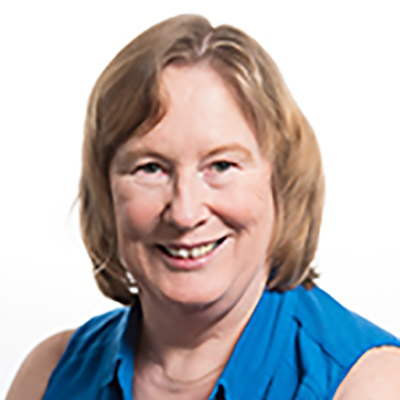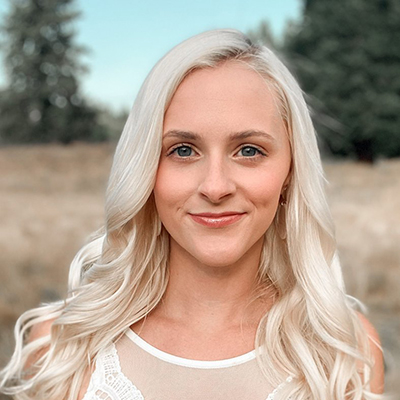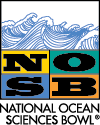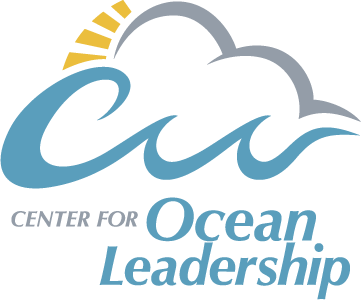The National Ocean Sciences Bowl (NOSB) Professional Webinar Series is a development opportunity for middle and high school educators nationwide. All educators are welcome to register, and NOSB coaches are highly encouraged to participate.
The free online webinar series will focus on the 2022 NOSB competition theme of ‘Climate Change: Ocean Science and Solutions.’
Each of the presenters will give a one hour live webinar presentation on their current research or topic of interest, followed by a 30 minute Q&A session.
All participants logged into the meeting will be able to listen and follow along with the presentation, as well as type questions for the presenter during the live presentation. The NOSB national office staff will read the questions to the presenter.
Questions? Please contact us at nosb@ucar.edu.
Date of Webinar: January 19, 2022 at 4pm Eastern
Topic/Title: Environmental Effects of Marine Renewable Energy
As we combat climate change, marine renewable energy (MRE) has the potential to play an important role. However, we need to understand the impact tidal, wave, and ocean thermal energy devices may have on marine animals and the environment in order to deploy MRE devices in a responsible manner. This webinar will cover the importance of MRE and how it relates to climate change, what is known about environmental interactions, and next steps for the industry.
Dr. Andrea Copping

Dr. Andrea E. Copping joined Pacific Northwest National Laboratory’s Marine Sciences Laboratory in Sequim in 2006, as a senior researcher. Andrea focuses on marine renewable energy and offshore wind development for Pacific Northwest National Laboratories, on behalf of the US Department of Energy. Using risk-based approaches, Dr. Copping leads a research team that integrates laboratory, field, and modeling measurements into a coherent body of evidence to support siting and permitting decisions. Andrea leads OES-Environmental – an international project on environmental effects of marine energy development that shares environmental effects information to benefit from progress made around the world, under the IEA Ocean Energy Systems. Andrea plays a lead role in marine renewable energy end applications that support Blue Economy development including ocean observations, aquaculture, and providing power to remote communities and islands. Dr. Copping works across several scientific disciplines to determine implications of human stressors on marine resources and ecosystems processes, working with stakeholder groups and resource managers to ensure that the available scientific information is accessible and available.
Dorian (Dori) Overhus
 Dorian (Dori) Overhus is an Offshore Energy Scientist for the Coastal Sciences Division of Pacific Northwest National Laboratory, located in Seattle, WA and has been a part of the lab since 2019. Mrs. Overhus has a strong background in environmental science, wildlife conservation, and marine biology. She works across several scientific disciplines to determine implications of human stressors on marine resources and ecosystem processes, and works with stakeholder groups to ensure that the available scientific information is accessible and available, particularly through www.tethys.pnnl.gov. Her recent research has focused on environmental impacts from the development of wave, tidal, offshore and land-based wind, ocean current, and riverine energy installations and the role that these effects could play in the global industry. Additionally, she is working to increase the outreach and engagement with students and professionals in the science, technology, engineering, and mathematics (STEM) fields to increase understanding both within STEM fields and amongst the broader public, as well as to support the industry’s future workforce.
Dorian (Dori) Overhus is an Offshore Energy Scientist for the Coastal Sciences Division of Pacific Northwest National Laboratory, located in Seattle, WA and has been a part of the lab since 2019. Mrs. Overhus has a strong background in environmental science, wildlife conservation, and marine biology. She works across several scientific disciplines to determine implications of human stressors on marine resources and ecosystem processes, and works with stakeholder groups to ensure that the available scientific information is accessible and available, particularly through www.tethys.pnnl.gov. Her recent research has focused on environmental impacts from the development of wave, tidal, offshore and land-based wind, ocean current, and riverine energy installations and the role that these effects could play in the global industry. Additionally, she is working to increase the outreach and engagement with students and professionals in the science, technology, engineering, and mathematics (STEM) fields to increase understanding both within STEM fields and amongst the broader public, as well as to support the industry’s future workforce.

